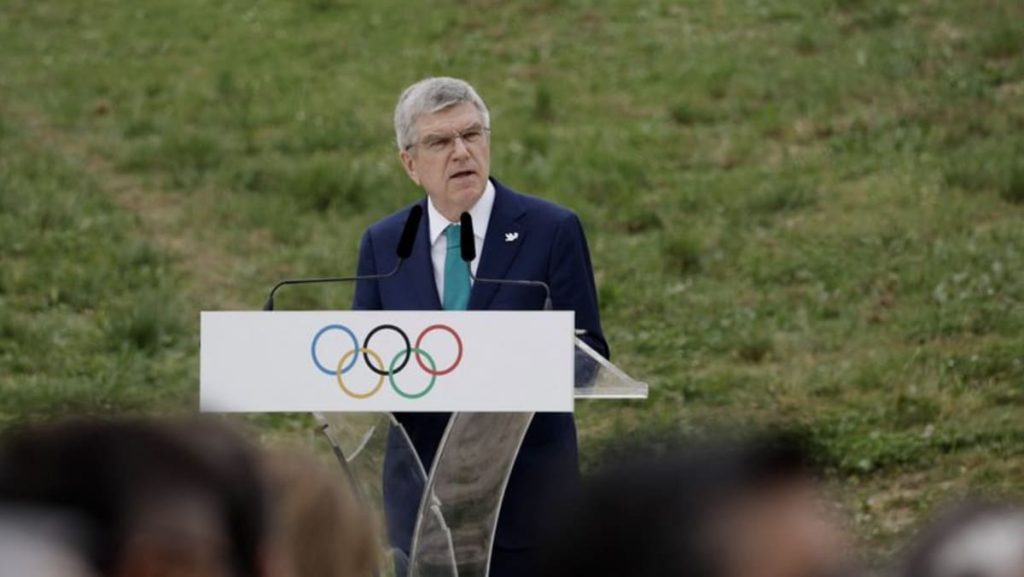Sports and human rights organizations have called on International Olympic Committee president Thomas Bach to help overturn a ban on French athletes wearing the hijab, which has been imposed by French Sports Minister Amelie Oudea-Castera. This ban goes against the Olympic Charter and is seen as discriminatory against female Muslim athletes in France. The ban prevents French athletes from wearing the hijab, despite the IOC announcing in September that athletes at the Paris Games would be allowed to do so. This issue has caused discrimination, humiliation, and trauma against Muslim athletes in France, some of whom have been forced to leave the country to seek opportunities elsewhere.
The ban on hijabs for French athletes undermines celebrations of the first gender-equal Olympics in Paris, as it goes against the principles of gender equality and non-discrimination upheld by the IOC. The ban has been criticized by various individuals, including French basketball player Helene Ba and former NCAA player Bilqis Abdul Qaadir, who have spoken out against the discriminatory policies preventing Muslim women from fully expressing their faith and pursuing their athletic aspirations. The ban has also led to exclusion of women and girls from necessary training and competitions to reach the Olympic level, making it impossible for them to compete even if the ban were to be lifted now.
The ban on hijabs for French athletes is seen as reinforcing gender and racial stereotypes, as well as fueling anti-Muslim hate in French society. The ban has erased opportunities for talented athletes like Diaba Konate, who has been barred from representing France on the senior basketball team despite her skills and desire to compete. Former NBA player Tariq Abdul-Wahad, former English cricketer Azeem Rafiq, and former world champion fencer Saoussen Boudiaf, among others, have joined the call to overturn the ban and allow all athletes to participate in sports regardless of their religion.
The ban on hijabs for French athletes has drawn criticism from various organizations, including Basket Pour Toutes, Athlete Ally, Amnesty International, Human Rights Watch, and others, who have called on the IOC to intervene and ensure that all women and girls have the right to non-discrimination and participation in sports. The ban has also been highlighted as a violation of fundamental rights and freedoms, and as an infringement on the diversity that the French team should represent. Despite efforts to overturn bans on hijabs in sports, such as in basketball in 2017, this issue continues to persist and is causing harm to Muslim athletes who are being denied the opportunity to compete at the highest level.
The ban on wearing hijabs for French athletes has wider implications for discrimination against female Muslim athletes in sport at all levels in France. The ban not only prevents athletes from fully expressing their faith, but also hinders their ability to pursue their athletic dreams and compete on a level playing field. The issue has sparked a global call for action to address discrimination in sports and ensure that all athletes, regardless of their background or beliefs, have the opportunity to participate and compete without facing discriminatory policies or restrictions.


